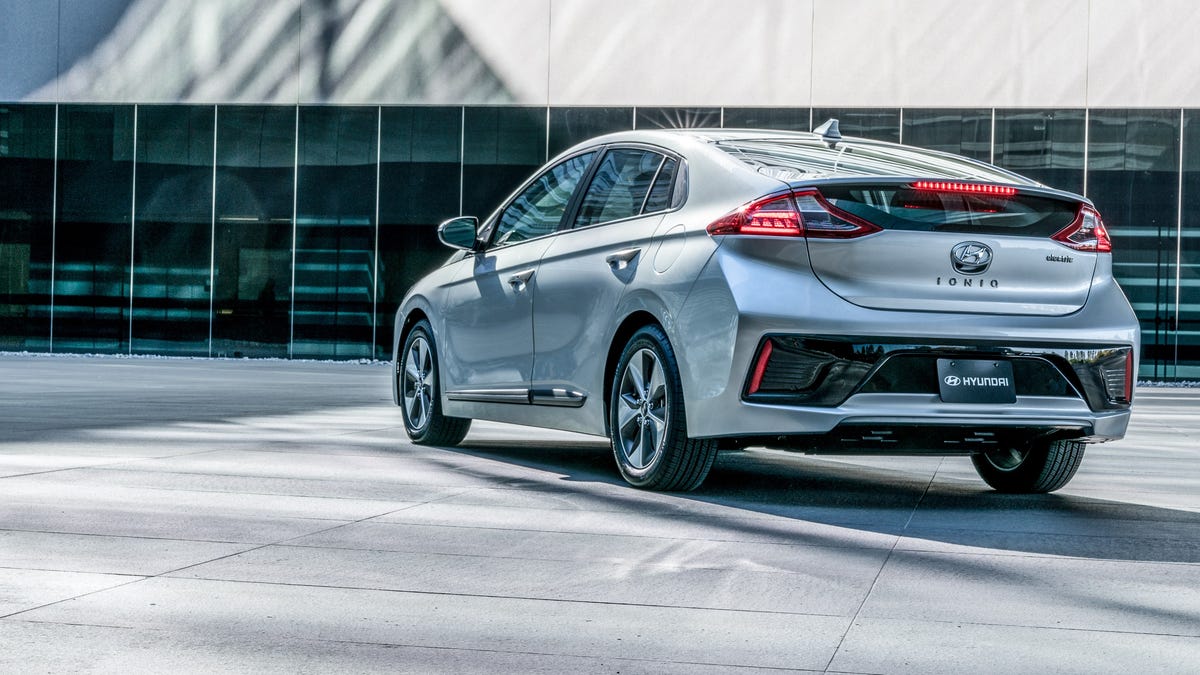California mulls $3B in EV rebates, but is it a house of cards?
Promoting zero-emissions vehicles is fine. But it might be a problem if the incentives are the only things keeping buyers interested.

Rebates and incentives can make more people buy electric cars, but there are concerns that these benefits are the only things keeping EVs in buyers' minds. California's next round of EV rebates would only continue building upon that house of cards.
A bill adding another $3 billion in electric-car rebates passed the California state assembly, The Wall Street Journal reports. It will then head to the state senate before making its way to Governor Jerry Brown's desk. The governor has not signaled whether he will sign the bill if it passes the senate.
The bill would authorize $3 billion to be used for immediate dealership rebates, as opposed to the current system, which requires a buyer to apply and wait for a response. The bill also offers larger discounts for low-income buyers.
2018 will be a pretty great time to buy an EV, incentives or not.
"We have pushed and adopted very aggressive climate change policies," Assemblyman Phil Ting, who wrote the bill, told the WSJ. "There is no way we are going to get there if we don't put more clean vehicles, or clean cars, on the road."
Right now, California has more than 250,000 zero-emissions vehicles on the road, and the state hopes to build 1.5 million by 2025.
This push for a new rebate is not without legitimate criticism -- namely, that subsidies and incentives are the only things propping up EV sales. The WSJ points to Georgia, which eliminated a $5,000 EV tax credit that made the state the second-largest EV market in the US. After the incentive was removed, Georgia's EV sales comprised 2 percent of all US EV sales, down from 17 percent just two years earlier.
There's also the concern that these rebates amount to additional tax breaks for wealthier households, especially in this early stage of electric cars. Low-income buyers were receiving the same break as buyers of $70,000-plus Tesla vehicles. Changes to California's rebate structure have since addressed that.
$3 billion is not a paltry sum of money, and it must come from somewhere. Funds for this new rebate program, Ting said, come from existing programs like California's cap-and-trade system, which charges companies for emitting greenhouse gases over set amounts.
For middle-income Californians, though, a new program could create strong demand for EVs that won't break the bank. Chevrolet's new Bolt EV can be had for under $40,000, and the same goes for Hyundai's Ioniq Electric. Tesla's Model 3 is on the way, as is a new Nissan Leaf.

